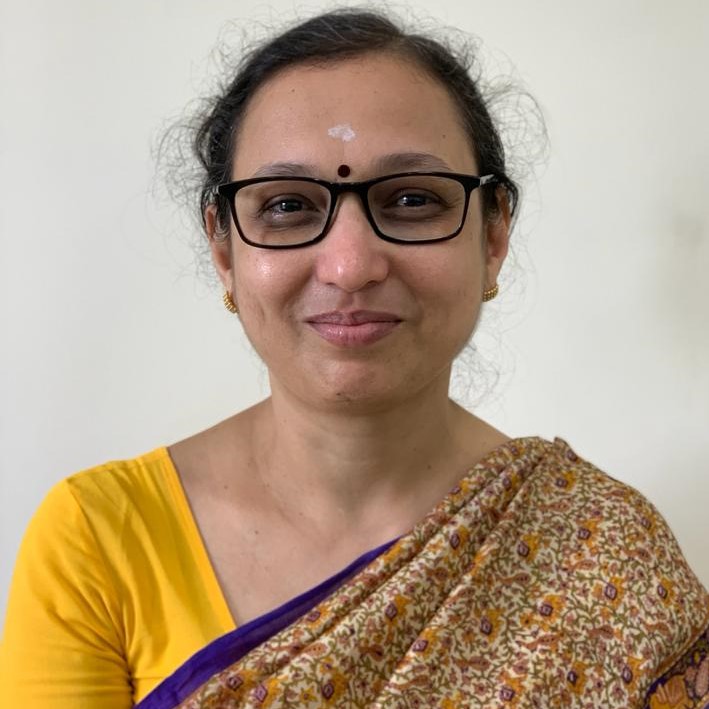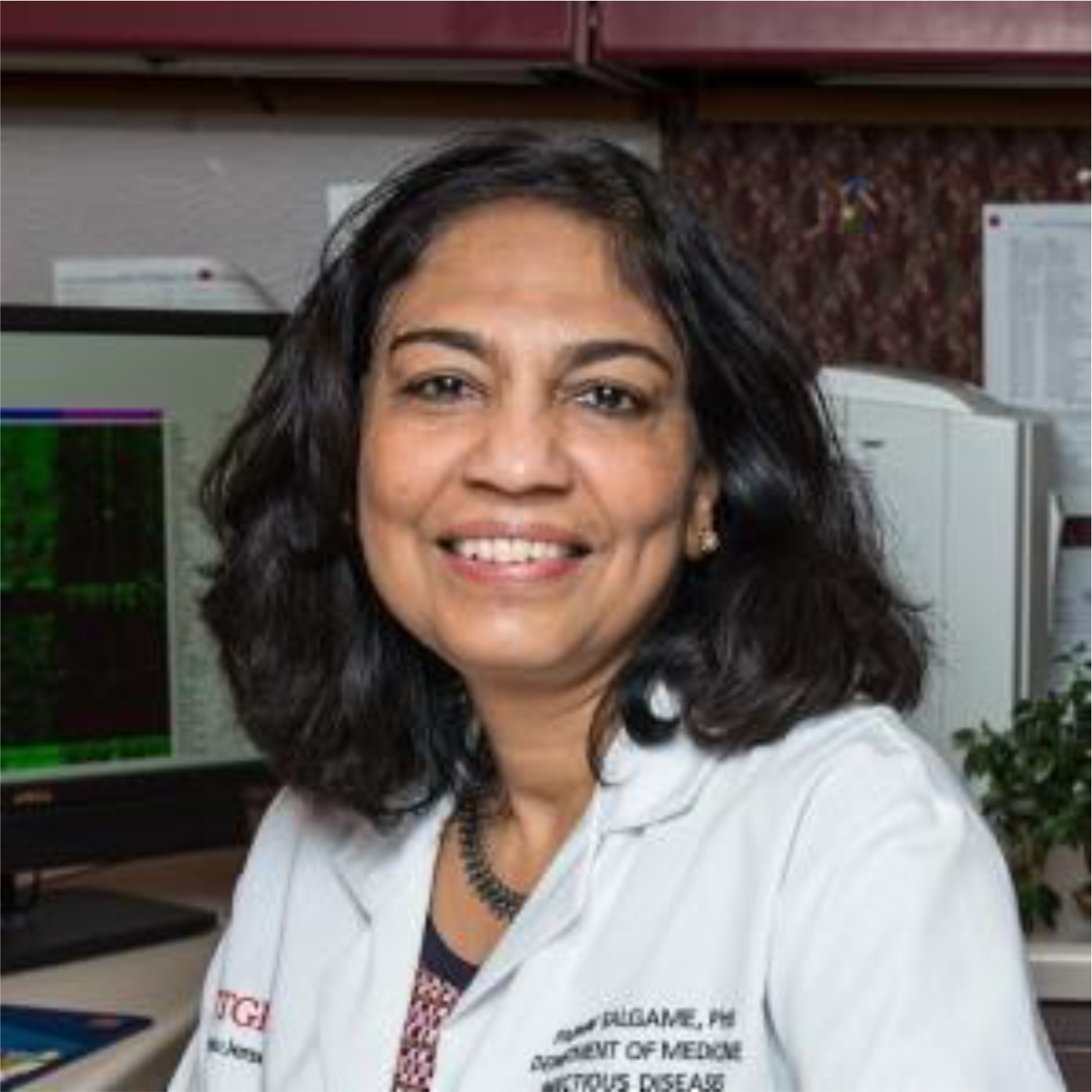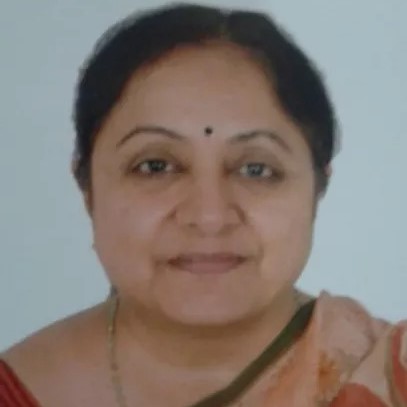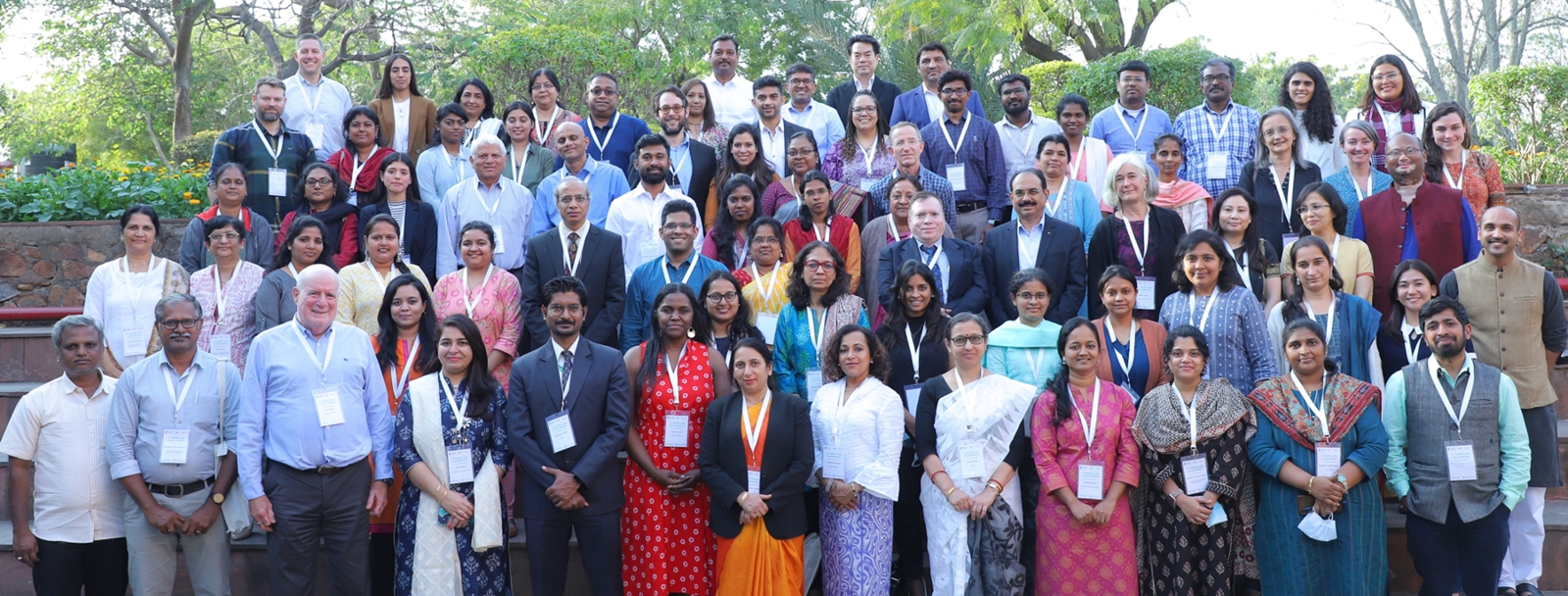india
overview
RePORT India is a bilateral, multi-organizational, collaborative research effort established in 2013 under the Indo-U.S. Vaccine Action Program (VAP). RePORT India is now the largest of the regional consortia – Brazil, Indonesia, Korea, Philippines, South Africa and Uganda – undertaking multi-organizational TB research efforts. Each RePORT consortium is designed to support local, in-country, TB-specific data and specimen biorepositories and associated research. Taken together, the anticipated results include greater global clinical research capacity in high-burden settings and increased local access to quality data and specimens for members of each consortium and their domestic and international collaborators.

Mission
RePORT India is charged with Advancing regional TB science in India, towards fulfilling the TB strategic goals of the country; Strengthening TB research capacity and infrastructure; and Fostering research collaboration within India and with other countries focused on research that can lead to clinically important biomarkers, vaccines, drugs, and diagnostics.
report india phase i
Phase 1 (2013–18) commenced with six Clinical Research Sites (CRSs) in Western and Southern India that were partnered with five U.S. academic institutions. P.D. Hinduja Hospital and Medical Research Centre was subsequently added as the seventh Indian site. Initially, each site had its own “Parent Protocol” with distinct research topics. In 2017, RePORT India launched the “Common Protocol” with standardized data elements and harmonized procedures for enrollment. Under the Parent and Common Protocols, CRSs established prospective observational cohorts of participants from whom specimens were collected.
cohort a
Participants who have active TB disease. Studies involving this cohort of patients focus on TB diagnosis and treatment outcomes.
COHORT B
Participants who are household contacts (HHCs) of an active case of TB. Studies involving this cohort of patients focus on the risk of infection risk and progression to TB disease after exposure.
parent protocols
CRS-SPECIFIC OBJECTIVES
Each CRS is connected to one or more laboratories where samples are processed for storage and specified for both protocol and future testing. The CRSs house their Parent Protocol data and samples at their respective India-based institutions.
common protocols
REPORT INDIA-WIDE OBJECTIVE
The primary objective of the Common Protocol is to provide data and specimens to Indian biomarker researchers and collaborators to better understand (1) Prognosis of TB disease; and (2) Pathogenesis of progression from TB exposure to disease. A RePORT India central biorepository was established at the National Institute of Research in Tuberculosis (NIRT) in Chennai. In addition, a statistical/data management center was established at the Society for Applied Studies (SAS)-Centre for Health Research and Development (CHRD) in New Delhi, and Pharmaceutical Product Development, LLC (PPD) was contracted to provide Common Protocol technical support.
phase ii
Leveraging the data, specimens, infrastructure, and scientific partnerships established by RePORT India in Phase I, the consortium has launched Phase II and has expanded to include two new CRSs in Northern India. Phase II pursues five specific scientific aims under a Phase II Common Protocol including the following cohorts: Diagnostic (New TB suspects), Cohort A (Active TB disease), and, Cohort B (HHCs).
scientific aims
1
DIAGNOSTICS
Evaluate Novel Diagnostics & Biomarkers of Diverse States of Mtb Infection
2
LUNG INJURY & IMPAIRMENT
Identify Markers of Lung Injury Associated with Unfavorable TB Treatment Outcomes
3
MARKERS OF TREATMENT RESPONSE
3A Identify TB Treatment Response Biomarkers
3B Investigate Host-Related Mechanisms of Treatment Failure
3C Investigate Pathogen-related Mechanisms & Predictors of Relapse
4
RESISTANCE TO INFECTION
Mechanisms of Protection against TB in Exposed Persons
4A Examine Host Antimicrobial Pathways in Inducing their infection resistant (IR) Phenotype in HHC
4B Test if IR & Serum Differ in Modulating Macrophage-Mediated Restriction of Mtb Growth & Evaluate AB Repertoires of Plasma from the IR and infection susceptible (IS) Cohorts
5
PROGRESSION TO DISEASE
Identify Immunologic Markers of Persons at Highest Risk of Progress of Latent TB Infection to TB.
5A Stored Samples: Validation of PREDICT29 in Progressors & Nonprogressors from RePORT Sites
5B Immune & Hormone Studies in Freshly Collected Samples
administration
RePORT India has established a collaborative governance structure composed of an Executive Committee, an Indo-U.S. Coordinating Hub, Scientific Working Groups and Operational Working Groups. The EC’s mission is to set research priorities, guide scientific activities, and offer administration and logistics in support of research priorities.
1
executive committee
Led by two Chairs and two Co-chairs from India and the U.S.
2
hub
An Indo-U.S. Co-ordinating Hub
3
Scientific Working Groups
Basic Science, Clinical Epidemiology, Behavioral Science
4
Operational Working Groups
Common Protocol Leadership, Study Coordination, Laboratory Management, and Data Management
I
INDIAN COORDINATING HUB
Jawaharlal Institute of Postgraduate Medical Education & Research (JIPMER), Puducherry, India
II
u.s. coordinating hub
Johns Hopkins University in Baltimore, Maryland, USA
III
DATA MANAGEMENT CENTER
Jawaharlal Institute of Postgraduate Medical Education & Research (JIPMER), Puducherry, India
IV
CENTRAL BIOREPOSITORY
National Institute for Research in Tuberculosis (NIRT), Chennai, India

Amita Gupta
JHU
Johns Hopkins University, USA

Sonali Sarkar
JIPMER
Jawaharlal Institute of Postgraduate Medical Education and Research, Pondicherry

Padmini Salgame
Rutgers
Rutgers University, New Jersey Medical School, USA

Vijaya Lakshmi Valluri
BMMRC
Bhagwan Mahavir Medical Research Centre, Hyderabad
funding
The RePORT Indian Consortium is supported with bilateral funding from the Government of India’s (GOI) Department of Biotechnology (DBT) and the U.S. National Institutes of Health’s (NIH) National Institute of Allergy and Infectious Diseases (NIAID), Division of AIDS (DAIDS), and Office of AIDS Research (OAR). The initiative is also supported by the Indian Council of Medical Research (ICMR) from the Indian side. CRDF Global administers and oversees the funding from the U.S. government.




